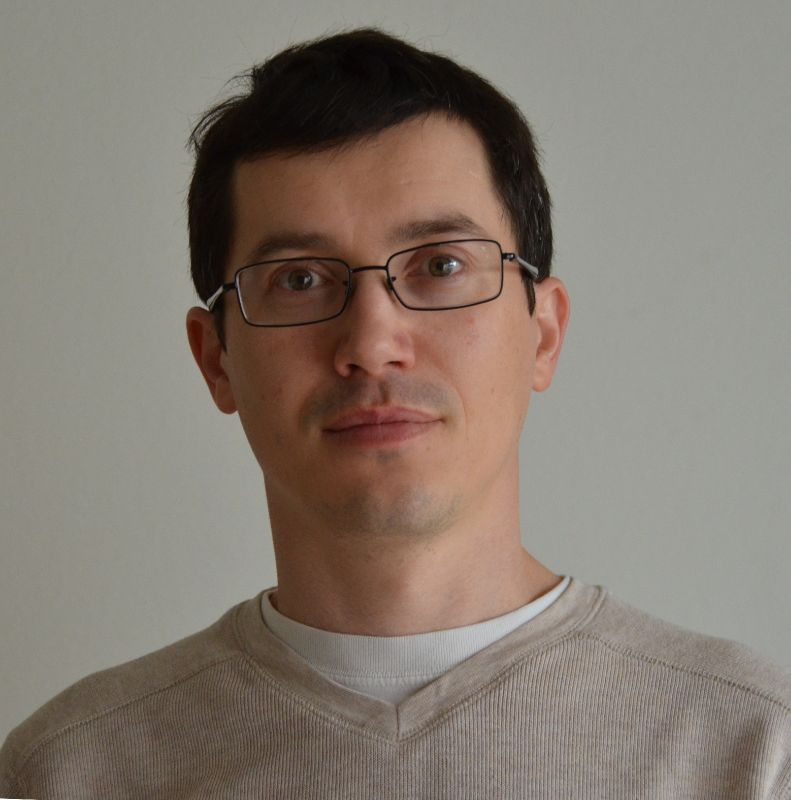 Dr Konstantin Piatkov
Dr Konstantin Piatkov
March 20, 2014
12.00 – 13.30
Technopark Skolkovo. Business center «Urals» 100 Novaya str., Skolkovo village. Russian Quantum Center.
3d floor. Room 28.3
SEMINAR ABSTRACT:
I will discuss my research on a processive proteolytic system called the N-end rule pathway. Recently we found that this proteolytic pathway can selectively target a number of naturally produced proapoptotic fragments. Our findings indicate that the N-end rule pathway acts to counteract cell death through the degradation of proapoptotic protein fragments, thereby setting specific thresholds that prevent a transient or an otherwise weak apoptotic signal from reaching the point of commitment to apoptosis. In agreement with these results, we showed that even a partial genetic ablation of the N-end rule pathway sensitizes cells to apoptosis. We have also recently demonstrated that the N-end rule pathway selectively degrades specific neurotoxic protein fragments that have been implicated in neurodegenerative disorders, such as Alzheimer’s disease, amyotrophic lateral sclerosis (ALS), and synucleinopathies, including Parkinson’s disease. These advances not only broadened our understanding of the cellular apoptotic defense mechanisms but also opened up new opportunities to pharmacologically manipulate apoptotic and inflammatory cascades.
SPEAKER INTRODUCTION:
Dr Konstantin Piatkov has a broad background in molecular biology and protein biochemistry. He published 26 peer-reviewed papers that were cited more than 600 times. Konstantin received both his Bachelor and Master of Science degrees in Biology from the Ural State University, which he graduated with summa cum laude in 1998.
Konstantin earned his PhD degree in Molecular Biology at the Engelhardt Institute of Molecular Biology in 2001 under the supervision of Professor Mikhail Evgen’ev. During PhD work in Russia, his research was focused on mobile genetic elements and their role in genome stability. This work resulted in several publications in international journals including such leading journals as PNAS and Nature Genetics.
Following his PhD work Dr Piatkov had brief periods as a visiting scientist in the UK and Germany resulting in publications in PNAS and Cell. He subsequently moved to the California Institute of Technology and joined the group of Alex Varshavsky – a leading international authority in the field of protein homeostasis and biogenesis. In this group Konstantin developed several novel approaches for analysis of mechanisms underlying regulated protein degradation and made seminal contributions to our understanding of role of protein degradation in apoptosis, neurodegeneration and DNA repair. He developed a novel concept of sensitizing cancer cells to chemotherapeutic agents by modulating their protein degradation machinery. This approach opens as yet unexplored avenue to creation of combinational cancer therapies that have high effectiveness and low toxicity than conventional chemotherapies. Konstantin’s most recent results were published in the leading international journals including Molecular Cell and PNAS, and were cited over 140 times.
In 2010, Dr Piatkov joined the staff at Caltech, where he continues his work on molecular mechanisms of regulated protein degradation.
